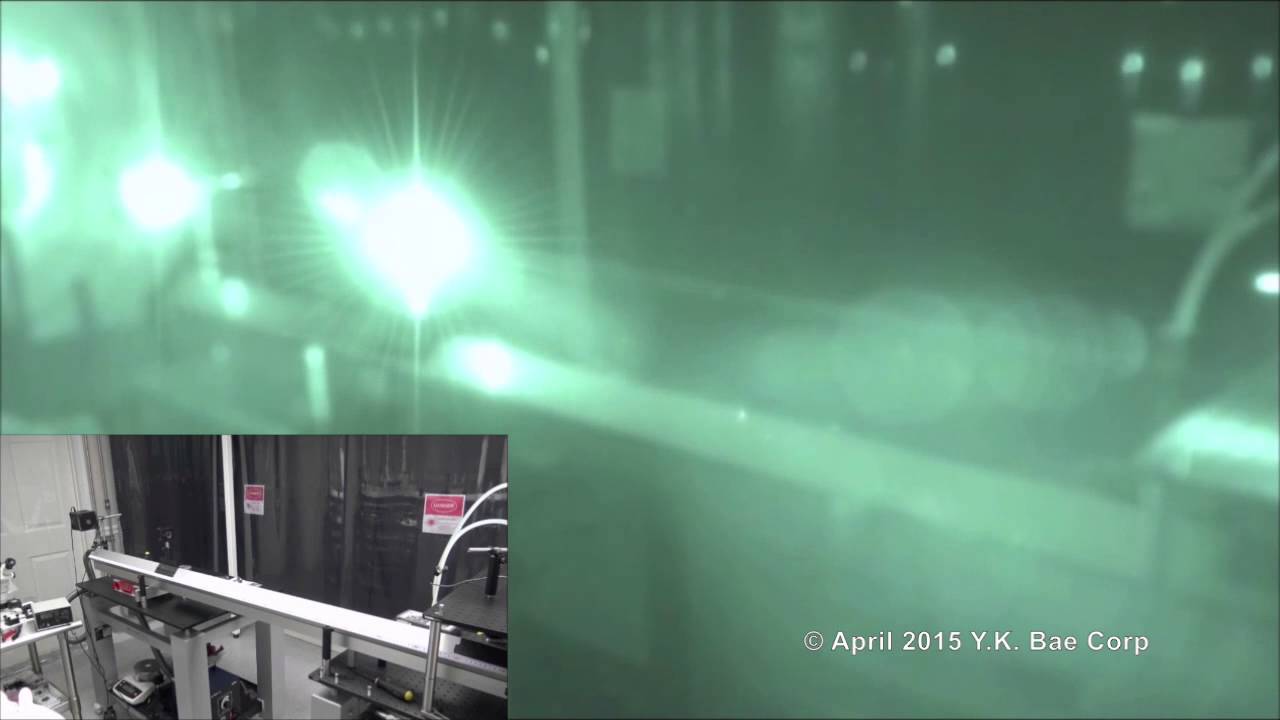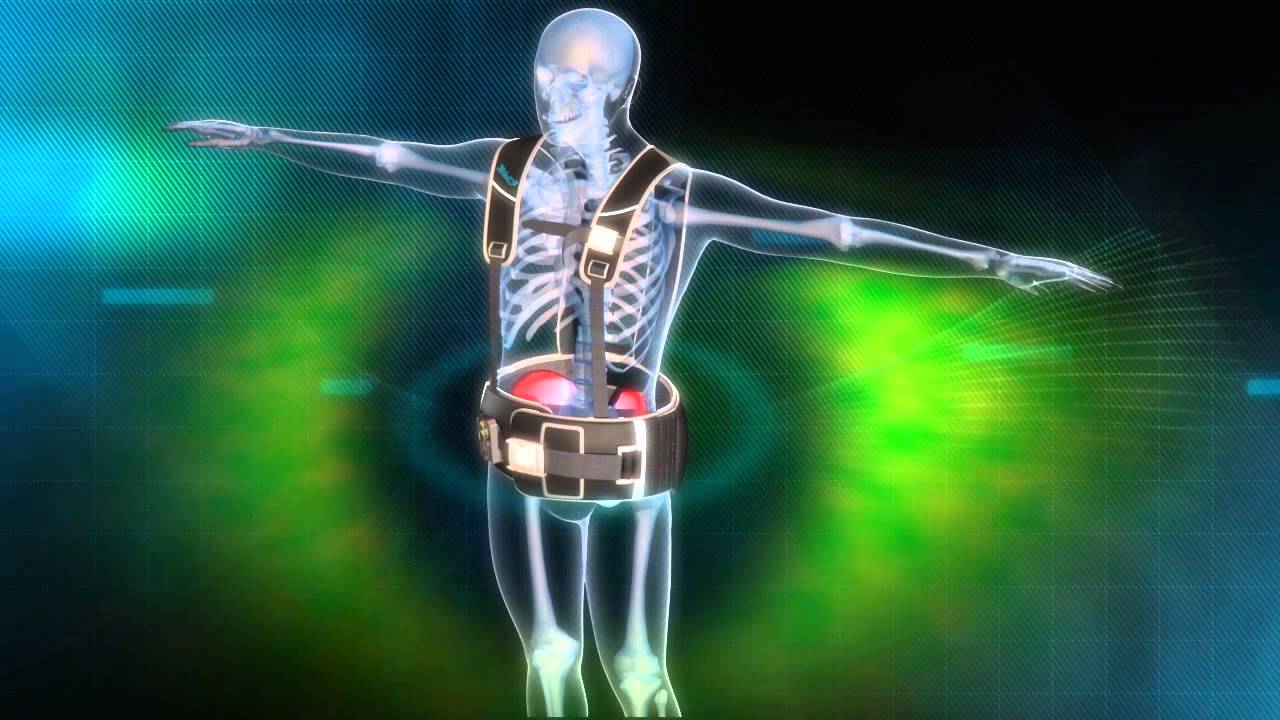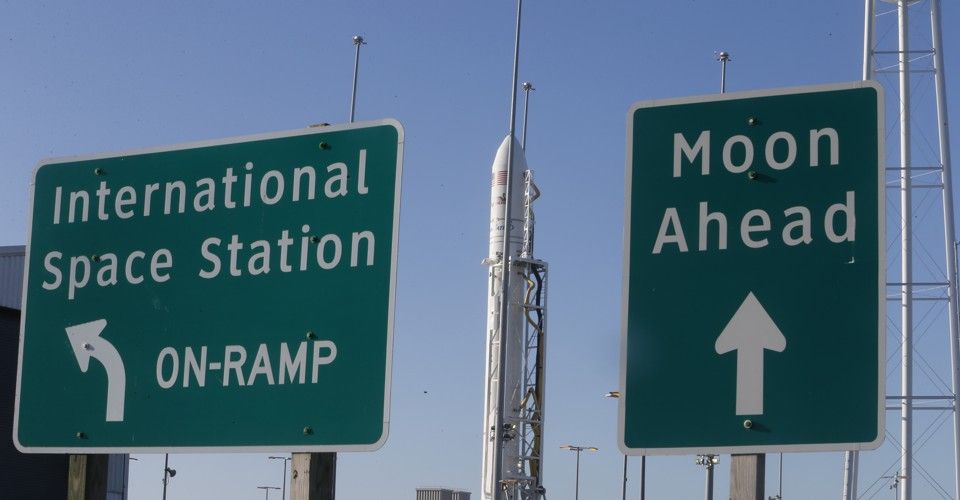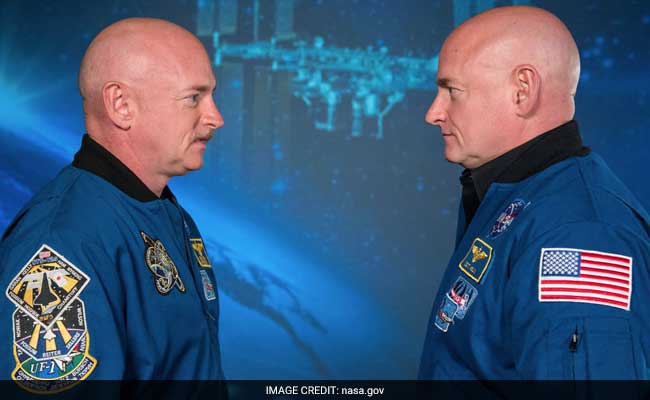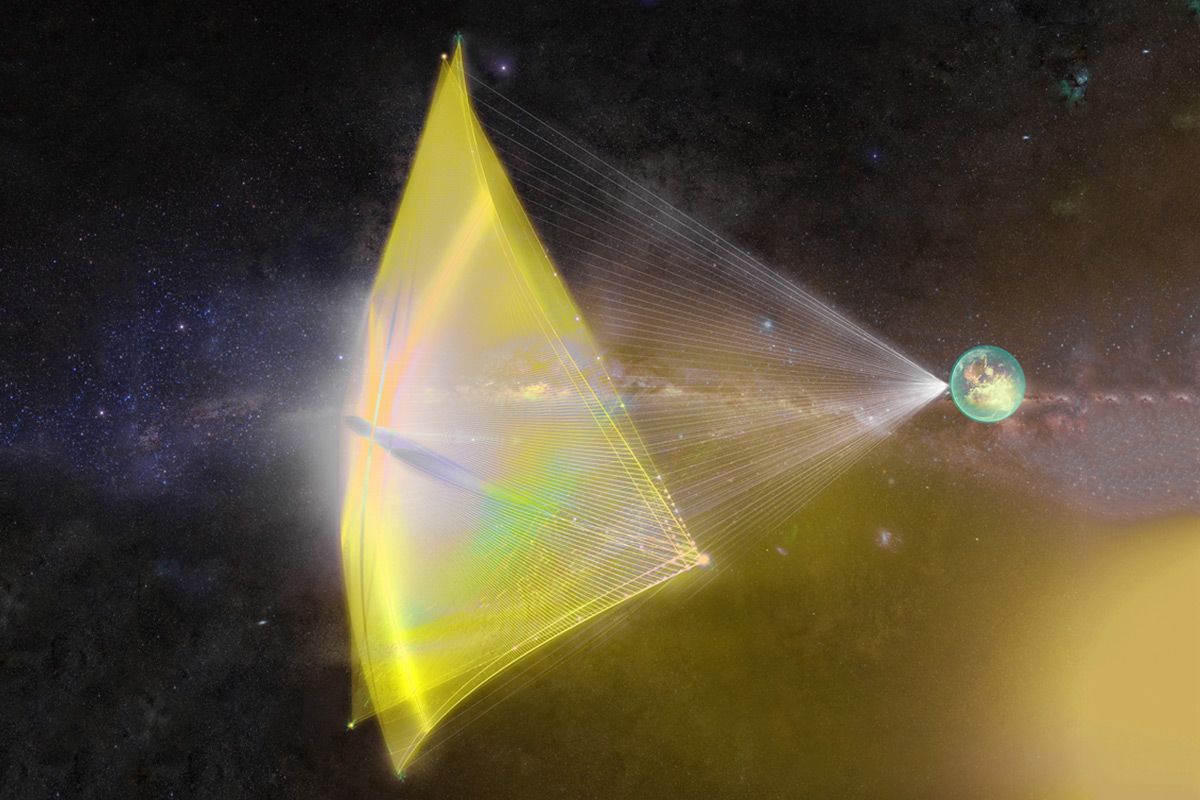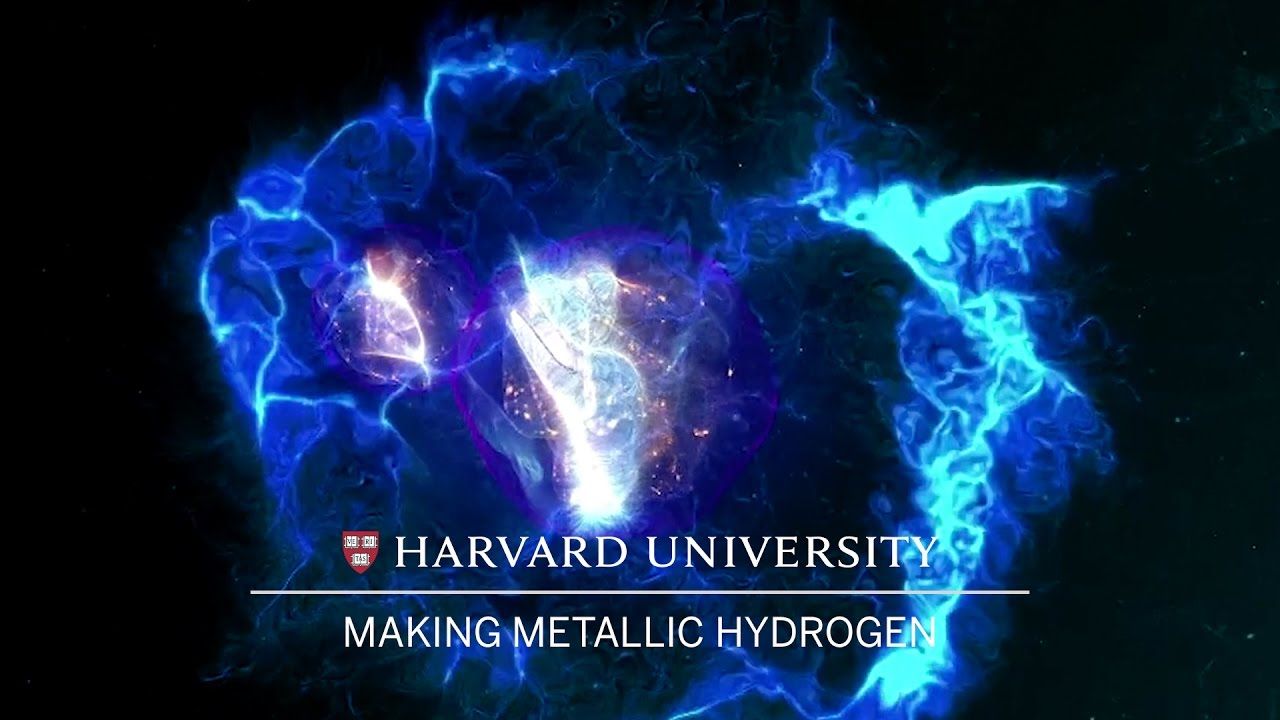Feb 11, 2017
YK Bae can now amplify photonic laser thrust
Posted by Klaus Baldauf in categories: military, solar power, space travel, sustainability
Young Bae of Advanced Space and Energy Technologies in Tustin, California, has improved his photonic laser thruster. was developed with NASA funding. His thruster works because light exerts pressure when it hits something. In theory, it is possible to move an object like a CubeSat by nudging it with a laser beam. In practice, however, the pressure which light exerts is so small that a device able to do a useful amount of nudging would require a laser of unfeasibly large power.
Dr Bae has overcome this limitation by bouncing light repeatedly between the source laser and the satellite, to multiply the thrust. In his latest experiments, Dr Bae has managed to amplify the thrust imparted by a single nudge of the laser by a factor of 1,500, which is big enough to manoeuvre a CubeSat as well as a conventional thruster would. This brings two advantages. First, since no on-board propellant is required, there is more room for instruments. Second, there being no fuel to run out, a CubeSat’s orbit can be boosted as many times as is desired, and its working life prolonged indefinitely.
Continue reading “YK Bae can now amplify photonic laser thrust” »
